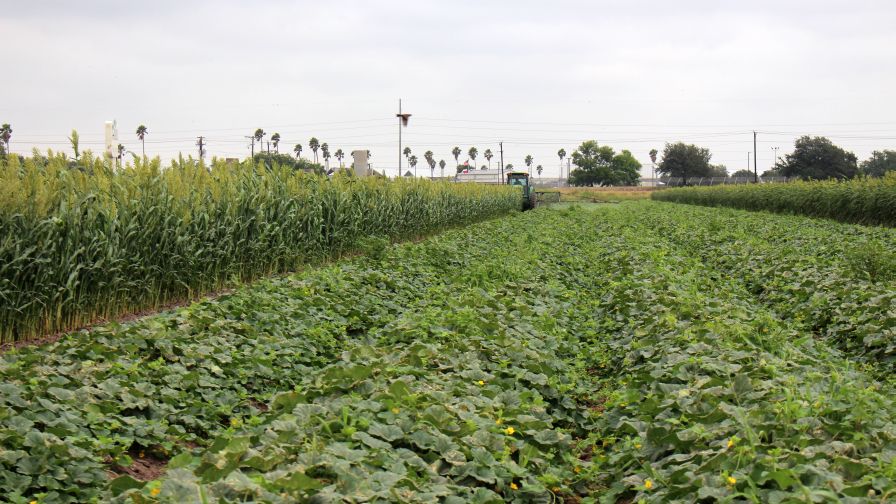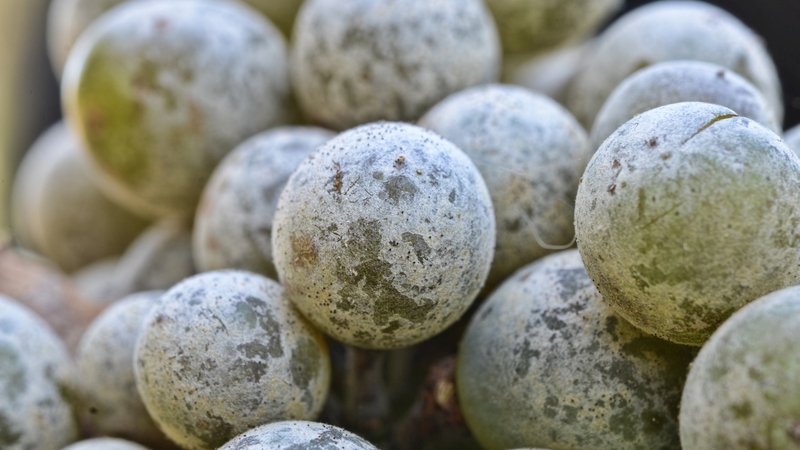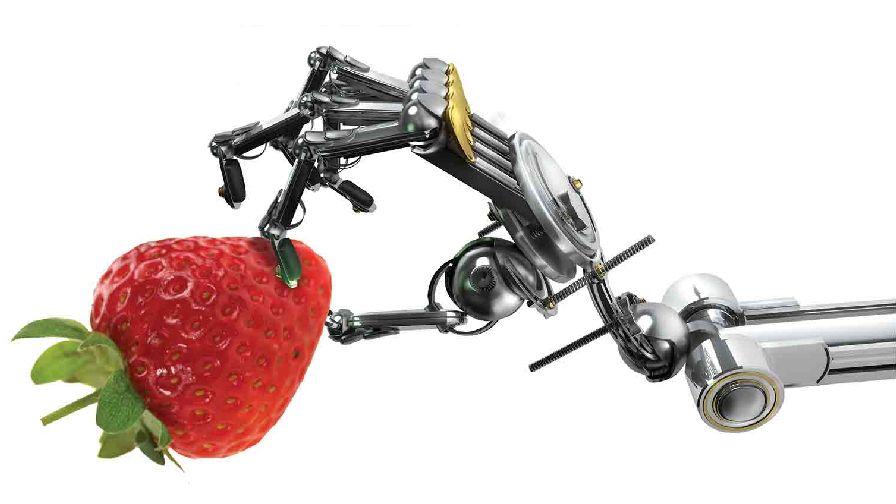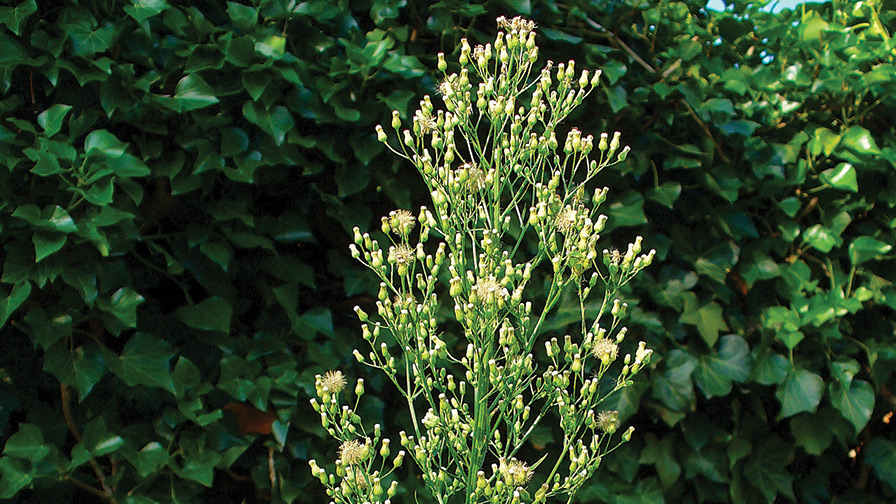Improve Soil Health To Help Reduce Compaction and Runoff on the Farm
Healthy soil supports sustainable and productive agriculture. Two key factors that affect soil health are compaction and runoff, which can be caused or exacerbated by certain agricultural practices, such as tillage and overgrazing. Such practices can lead to various issues detrimental to soil health and ecosystem services, including reduced crop yields, increased erosion, water logging, polluted waterways, and biodiversity loss.
Soil compaction occurs when soil particles are squeezed together, reducing the pore spaces between them. This can happen naturally due to the weight of the soil above, but it is often caused by human activities, such as heavy machinery or excessive tillage. When soil is compacted, its ability to store and transmit air, water, and nutrients is reduced, which can negatively impact plant growth and soil health.
Soil compaction can reduce crop yields by causing the development of shallow, deformed roots, making it difficult for crops to access water and nutrients. Compaction also can reduce the diversity of plant species that can grow in the area, as some plants are more tolerant of compacted soil than others.
Additionally, compacted soil can increase erosion and runoff, as water cannot infiltrate the soil and is instead directed to nearby streams and rivers. This can lead to the loss of fertile topsoil and increased sediment and nutrient pollution in waterways.
How Does Soil Health Impact Compaction?
Soil health plays a critical role in preventing soil compaction. Healthy soil has a location relevant quantity of organic matter, and balanced soil biology and community functionality ratios, which can help to prevent compaction from occurring in the first place.
Organic matter, such as plant residues, manure, or compost, is a key factor in preventing soil compaction. The presence of organic matter in the soil binds soil particles together in stable aggregates that provide the pore spaces for air and water to move through the soil, which can help prevent compaction.
Soil structure also plays a key role in preventing compaction. Soil with good structure has a mix of pore sizes, including larger macropores and smaller micropores. Macropores provide space for air and water movement, while micropores help to store water and nutrients.
Soil biology is another important factor in preventing compaction. Soil organisms, such as earthworms, fungi, and bacteria, help to build and maintain soil structure by decomposing organic matter and creating stable soil aggregates. They also help to improve soil aeration and water-holding capacity.
How Does Soil Health Impact Runoff?
Soil health can significantly impact the frequency and severity of runoff events. Soil structure, with a good mix of pore sizes and stable aggregates, is a key factor in reducing runoff. Good soil structure is better able to absorb and store water, which can help reduce runoff and lead to increased water infiltration into the soil.
Organic matter is another important factor in reducing runoff. Organic matter increases water-holding capacity, which can help to reduce runoff volume.
Vegetation also is a critical component in reducing runoff. Plants help to intercept rainfall, reduce erosion, and increase water infiltration. Their roots also create pore spaces in the soil, which can improve soil structure and water-holding capacity, while decreasing water logging.
Steps to Take to Improve Soil Health
To improve soil health and prevent soil compaction and runoff, farmers can take various measures. Good farmland management practices, such as reducing tillage and the use of heavy machinery, implementing crop rotation, and increasing vegetation cover, can help prevent soil compaction and reduce runoff.
In addition, practices such as cover cropping, composting, and making other organic amendments, can help improve soil structure, thereby decreasing the risk of compaction and runoff.
By promoting healthy soil ecosystems and reducing the negative impacts of compaction and runoff, farmers can help protect the planet, while making their agriculture more sustainable, too.










